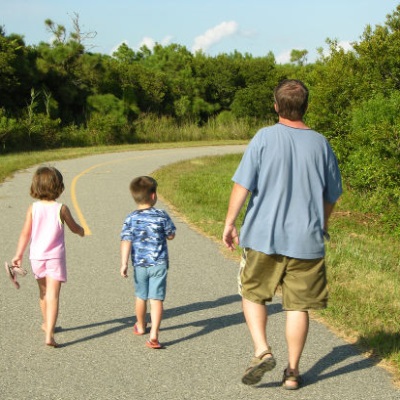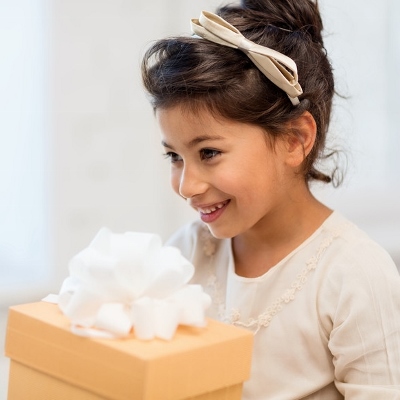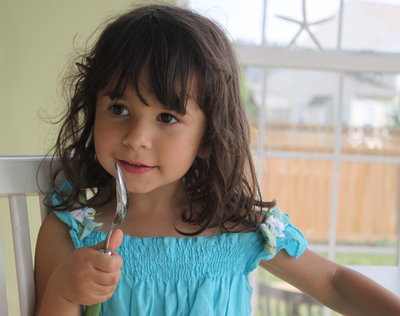 Whether you live in the country or you’re a city dweller, it’s time to launch a conversation with your children about how to become eco-friendly and better the planet. If talking about the environment or the importance of going green has you stumped, here are a few ideas to get the conversational ball rolling.
Whether you live in the country or you’re a city dweller, it’s time to launch a conversation with your children about how to become eco-friendly and better the planet. If talking about the environment or the importance of going green has you stumped, here are a few ideas to get the conversational ball rolling.
Start with a Green Walk. Do you really stop and observe nature when you take a walk? Make time and do some exploration with the kids. Check out the foliage — what’s in bloom, are there any trees with unique shapes, and how did this area change from one season to the next? Some children are bug lovers, so look for all the critters that flock the plants during spring. Just warn the kiddos to look, but don’t try to capture these workers of nature. Are the bees pollinating flowers and making honey, do you see a spider creating a unique web, or are there beautiful butterflies adorning the gardens? Then bring out the topic about what people can do to make nature safe and beautiful. How about not using pesticides? Maybe cleaning up litter in your favorite neighborhood park? This is only the beginning of major studies that can be conducted by parents and schools about ecology here and globally.
Can you leave the car at home? How dependent are you and the kids on motorized transportation? Are there places where you can walk instead? Cars have a big impact on our environment. Think about how walking or riding a bicycle can help our planet, not to mention the health benefits this exercise brings. Ask your children to think about where gas comes from and start a conversation about what a renewable resource is all about. If everyone just made one trip to a venue without using a car — this could make a difference in our environmental awareness.
Plant something together. If you have a patch of land, this is the perfect time to begin a garden. Veggies just seem to taste better when they are grown with love with your kids. And don’t fret if you don’t have a large yard as container gardening has become truly popular. Think about growing herbs, cherry tomatoes, and even strawberries in pots on your patio or deck. It’s a start to producing your own homegrown food supply. And your children will observe the germination from seed to plant and how our food is supplied.
Lessons can be learned while grocery shopping. Ask your children to hunt for products that are labeled organic. Then discuss what this term means and how this type of farming benefits the earth. Next, talk about packaging. Is it better to buy a large family size product versus individual servings? Less packaging means less waste to pollute the landfills. And, last but not least, discuss and implement how certain packages and cans can be recycled and made into new products. Make a pact together as a family to better the earth and go green!










